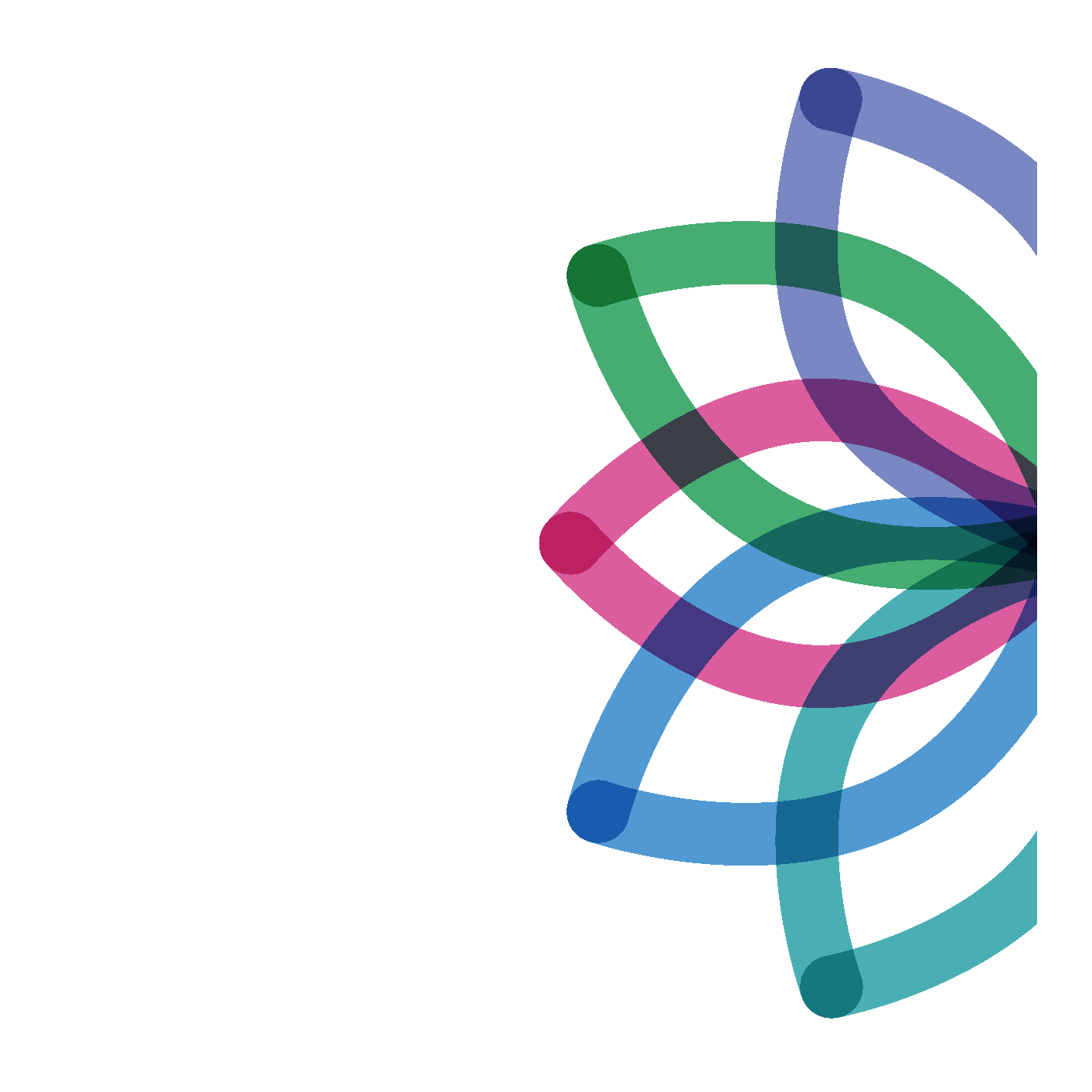A Message from Division 22
June 4, 2021
Good afternoon esteemed colleagues—the Division 22 Presidential Trio is writing today in celebration of two things--PRIDE month and our commitment to social justice.
Rehabilitation psychology is special in that we are defined by our commitment to advocacy in practice, education/ training, research, and policy-making, We’ve driven the entire field forward with our contributions to dialogues about intersectionality and the inclusion of disability identity and ability in conceptualizations of diversity (e.g., ability, health status, race, ethnicity, age, citizenship, language, nationality, religion, social class, gender, gender identity, and sexual orientation).
PRIDE presents the opportunity for self-reflection and the chance to gauge psychology’s progress towards being truly affirming and a time to chart a course for the work ahead—and there is a lot to do. Some of us can recall a time when psychology participated in the stigmatization of homosexuality. The other APA, the American Psychiatric Association, removed the diagnosis of “homosexuality” from the DSM in 1973 and then removed "sexual orientation disturbance" in 1987. Shortly after that, the World Health Organization removed homosexuality from the ICD-10 in 1990. As of 2021, half of US states now have bans on conversion therapy for minors.
Despite that domestic momentum, it is still illegal to be LGBT+ in 70 countries and is subject to the death penalty in more than 10 countries. The toll of bias and stigma is evident in psychological and health disparities for LBGTQ+ persons who are more likely to die by suicide and be diagnosed with mood, eating, and substance misuse disorders. LGBTQ+ people also have more chronic health conditions and are more likely to be refused health care and even harassed by health professionals. All that to say, the health and mental health needs of lesbian, gay, bisexual, transgender, gender nonconforming, and queer people are emergent--we have a lot of work to do. Dismantling discrimination and combatting shame requires fortitude and accountability for our own prejudices—that is hard work too.
This call to action includes the resources made available by the APA’s Guidelines for Psychological Practice with Lesbian, Gay, and Bisexual Clients (https://www.apa.org/pi/lgbt/resources/guidelines) and the wealth of information available from our friends in APA Division 44 (The Society for the Psychology of Sexual Orientation and Gender Diversity) which is here https://www.apadivisions.org/division-44/resources.
As division leaders, we pride ourselves (PRIDE reference intended) on being welcoming and inclusive but also realize that our members have to *experience* feeling welcome—our intentions aren’t enough. Please continue to reach out when our community falls short in allyship and thank you for your efforts to make our community and our list serve hospitable and respectful.
Catherine Wilson, PsyD -
President Division 22
Kim Gorgens, PhD -
President-Elect Division 22
Dana Dunn, PhD -
Past-President Division 22

